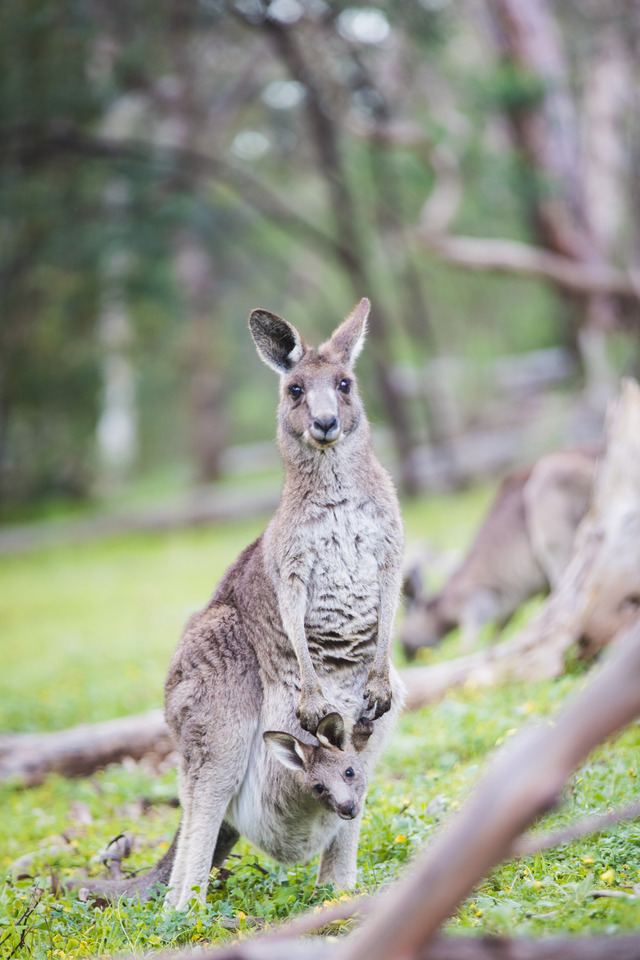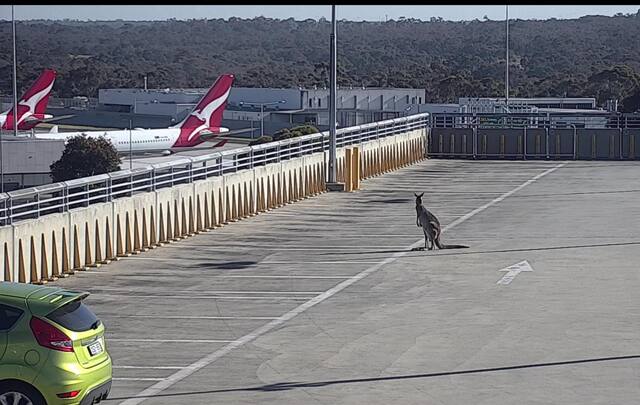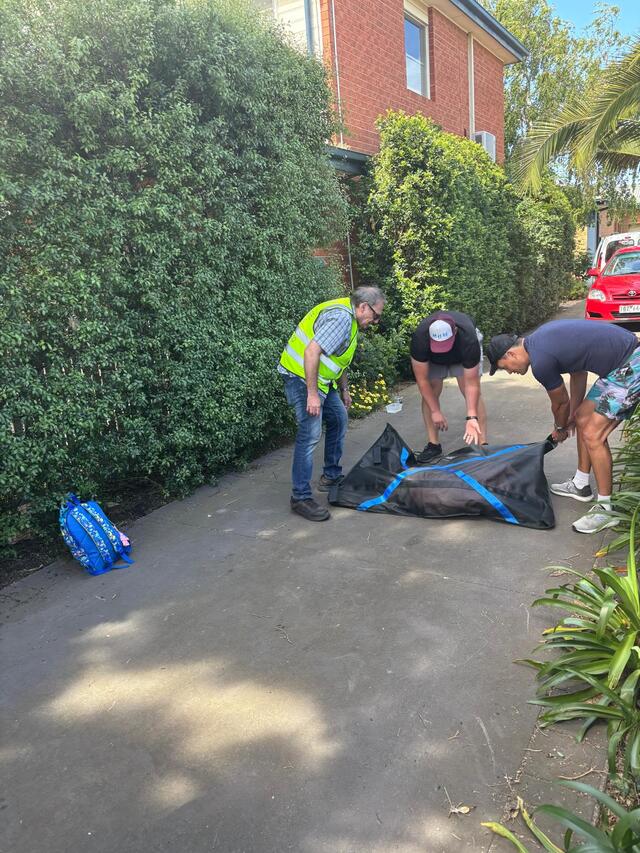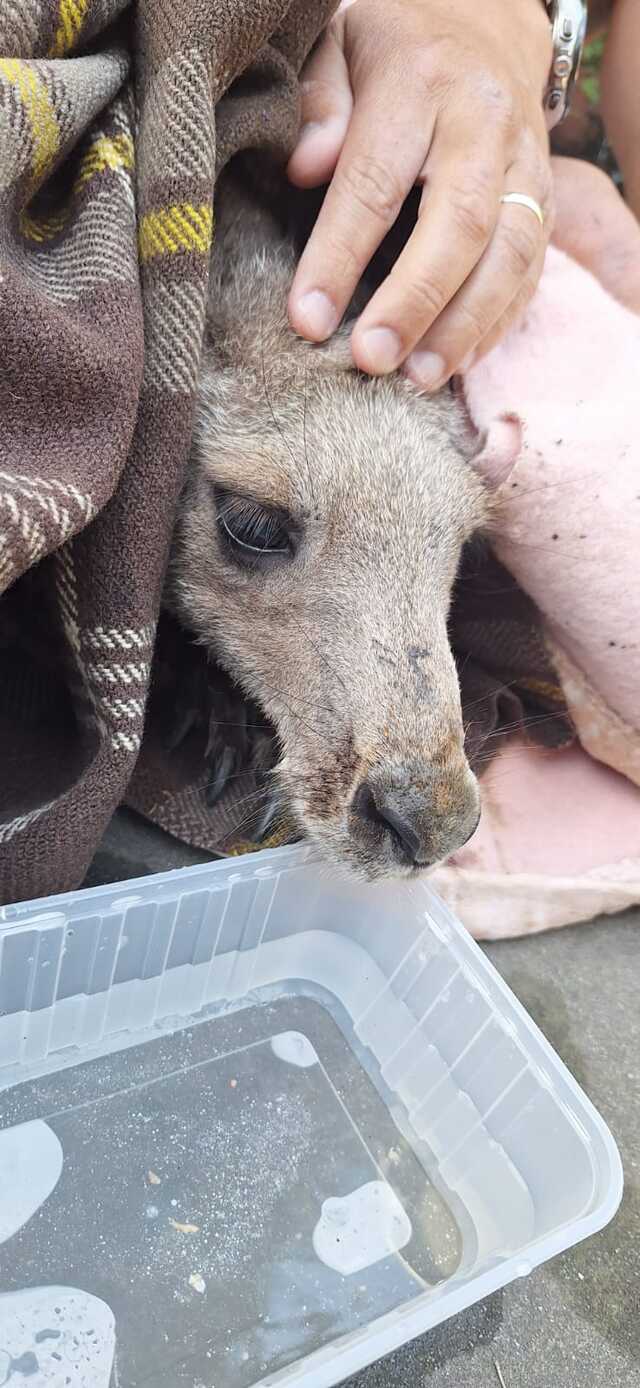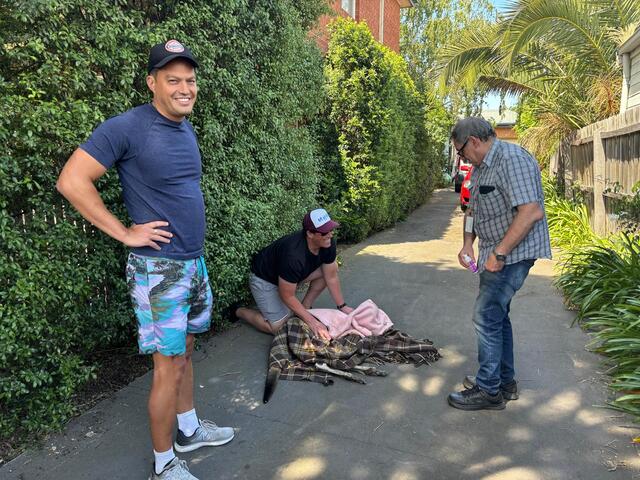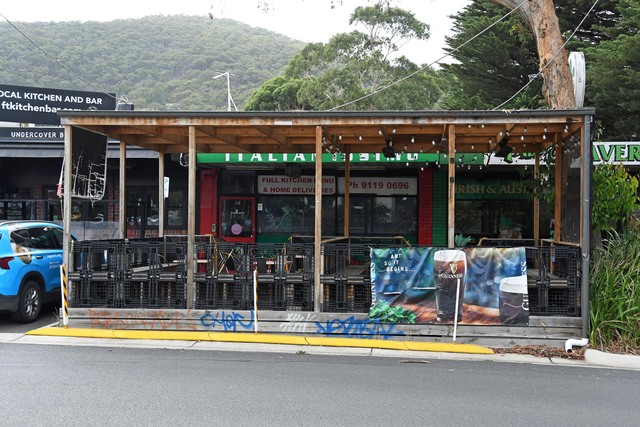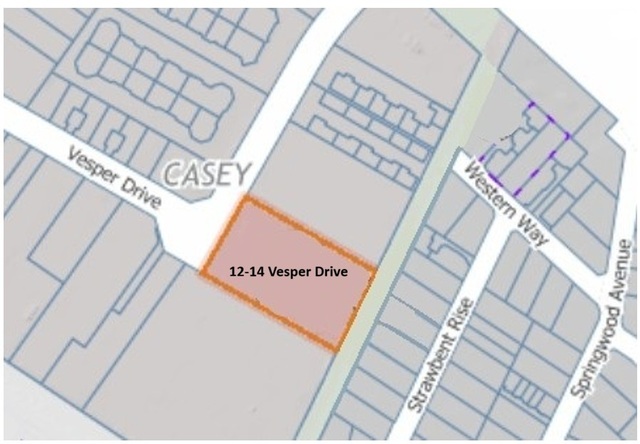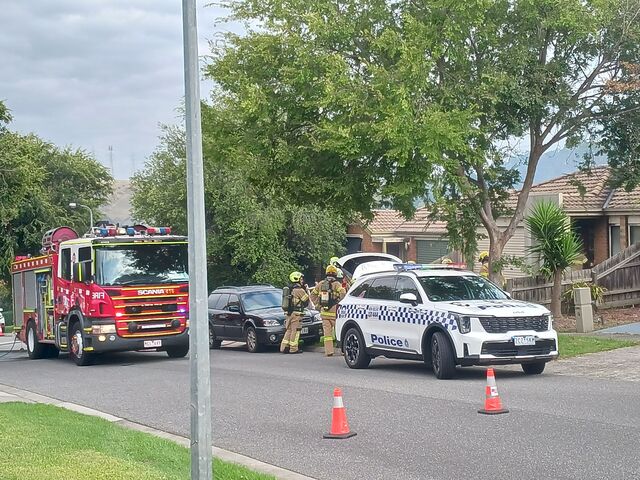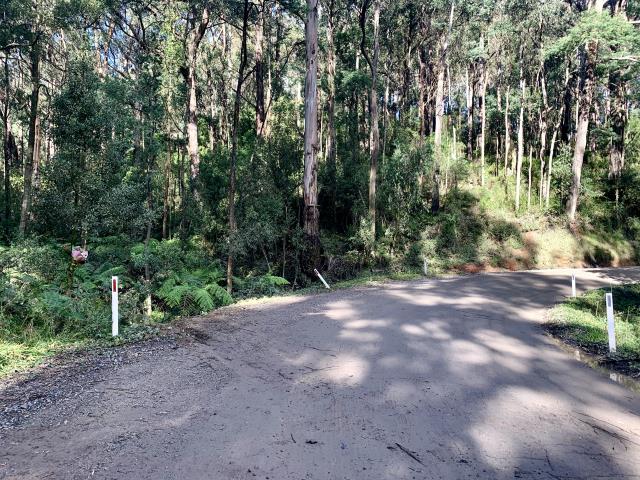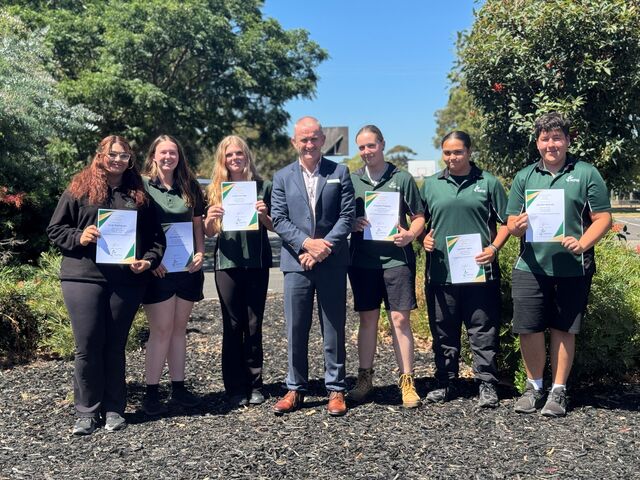Wildlife Victoria, the state’s leading wildlife emergency response service, has recorded its highest call volume in its 35-year history with 1,032 requests for wildlife assistance made yesterday Monday November 11.
While spring is historically Wildlife Victoria’s busiest period of the year, this spring has seen call volumes skyrocket with a number of record-breaking days recorded. October was Wildlife Victoria’s biggest month ever with a monumental 21,644 calls for help from the Victorian public.
Wildlife Victoria responded to over 220 cases in the Cardinia municipality equating to approximately 7 rescues per day. The Cardinia suburbs in which Wildlife Victoria responded to the highest case volume over the past 12 months were Pakenham, Emerald, Officer and Beaconsfield.
Between 2022 and 2023, Wildlife Victoria recorded an 18% year-on-year increase in the Cardinia Shire. Year to date reports for 2024 have already exceeded all of 2023’s case volume.
The number of reports for sick, injured, or orphaned wildlife made to Wildlife Victoria within Cardinia has increased year-on-year. This is a worrying trend suggesting the impacts of climate change, habitat destruction and urbanisation are having an adverse impact on native species.
But over 1,000 calls in 24 hours is unprecedented and is a red flag for Victoria’s wildlife.
“Our native wildlife are under ever increasing pressure and the number of calls for assistance indicates the level of concern from Victorians when it comes to the protection of our native animals,” Wildlife Victoria CEO Lisa Palma said.
“We’re committed to ensuring every call is answered and every animal reported receives the appropriate care. But we’re doing it extremely tough. Wildlife Victoria is a charity organisation operating in a chronically underfunded sector that is experiencing substantive growth. Without additional support from the state government and the community, our ability to respond is weakened and our native animals suffer.”
Wildlife Victoria’s Emergency Response Service is staffed 24 hours a day, 365 days a year by highly experienced and trained Emergency Response Operators. They are equipped to triage calls and to dispatch trained Wildlife Victoria volunteers to cases.
“Our Emergency Response Operators are doing an absolutely amazing job under the increasing pressure. They have the knowledge and training to be able to triage calls, to educate the community and to provide advice,” Ms Palma said.
“And they dispatch our hardworking volunteers who are on the frontline of responding to this increase. They are out there every day helping sick, injured, and orphaned wildlife.”
Over the past three months, the most commonly reported species to Wildlife Victoria’s Emergency Response Service within the Cardinia shire were kangaroos, echidnas, ringtail possums and magpies.
The most common reason members of the public called Wildlife Victoria was to report sick, injured, or orphaned kangaroos, with many individual animals reported multiple times by concerned callers. Over 180 kangaroos required volunteer assistance in what were often complex and drawn-out rescue responses.
Wildlife Victoria is urgently calling for increased government funding to ensure the charity can continue to respond to every call for wildlife assistance.
“The state government contributes less than 10% of the charity’s annual operating costs with no guarantee for ongoing funding,” Wildlife Victoria spokesperson said.
“We encourage the local community to advocate to their local and state members for additional funding to be allocated to Wildlife Victoria, and across the broader wildlife sector. They can also write directly to the Victorian Minister for Environment, Steve Dimopoulos.”
Residents can help to support Wildlife Victoria’s work by making a tax-deductible donation via
wildlifevictoria.org.au/donate.
They are also encouraged to save Wildlife Victoria’s Emergency Response Service number (03 8400 7300) in their phones. Members of the public can report incidents of sick, injured or orphaned native animals 24 hours a day, 365 days a year.
Wildlife Victoria runs volunteer training every year at locations across the state. Anyone interested in volunteering can find more information at wildlifevictoria.org.au

